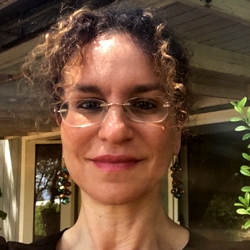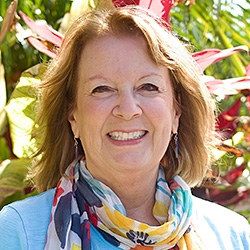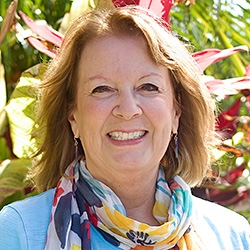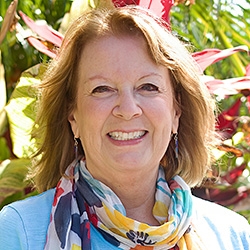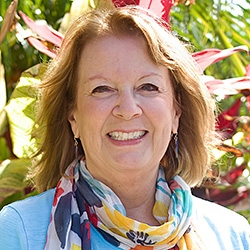

NVC Resources on Feelings
-
We each have the power to be the creator of our own inner experience.
-
Do this three-step roleplay with someone to shift the emotional charge (e.g. upset, irritation, etc.) that you experience when you hear a certain tone of voice.
-
Even in the face of societal upheavals we can look for what's in our power to change. For example, we can participate in systemic change, and heal whatever we need to heal that which keeps us from living our values more readily. We can take the time to be present to those in pain, and to show up fully in our lives even when we feel stress. We can take strides to make a difference towards creating the world we want to live in.
-
Trainer Tip: We have a better chance of getting our needs met if we prioritize connecting with one another's needs more than being right. This way we can reduce the chances of conflict arising. We also increase the possibility we can find ways everyone’s needs can be met.
-
Pay attention to when you're motivated by guilt, duty, obligation, shame, and worry. How do you feel? Does it bring up resentment, rebellion, submission, reactivity or resistance? When you're motivated by joy notice how that feels, and how others respond. Read on for a related story.
-
Learn the basics of NVC to reduce stress, improve connection and respond with clarity.
-
Trainer Tip: Sometimes the people in our lives don’t yet have the skills to speak directly about what they want. When this happens we can make guesses about how they feel and what they want. This can lead to greater connection and chances we all can be more satisfied with our interactions.
-
There are many polarizing issues we can resist and fight over. The word "resistance" can mean fighting against what we don’t agree with in counterproductive ways. It can also be the illusion and futility of mentally fighting against reality of 'what is'. But acceptance, non-resistance, of what is doesn’t mean powerless resignation. Another way to resist is to accept and love whole-heartedly, with empathy and care for the people doing the things we are resisting.
-
Do you ever think you have the perfect answer for someone who is struggling? Eric offers a tip on how to approach situations like this.
-
How we treat ourselves when we fall short of our own ideals, desires and hopes can profoundly affect the quality of our lives. Learn how to identify your triggers and reactions, to mourn falling short, and to practice self-connection and self-empathy.
Quick Links

Stay in Touch!
We value your privacy, won't share your email address and you can easily unsubscribe any time.

